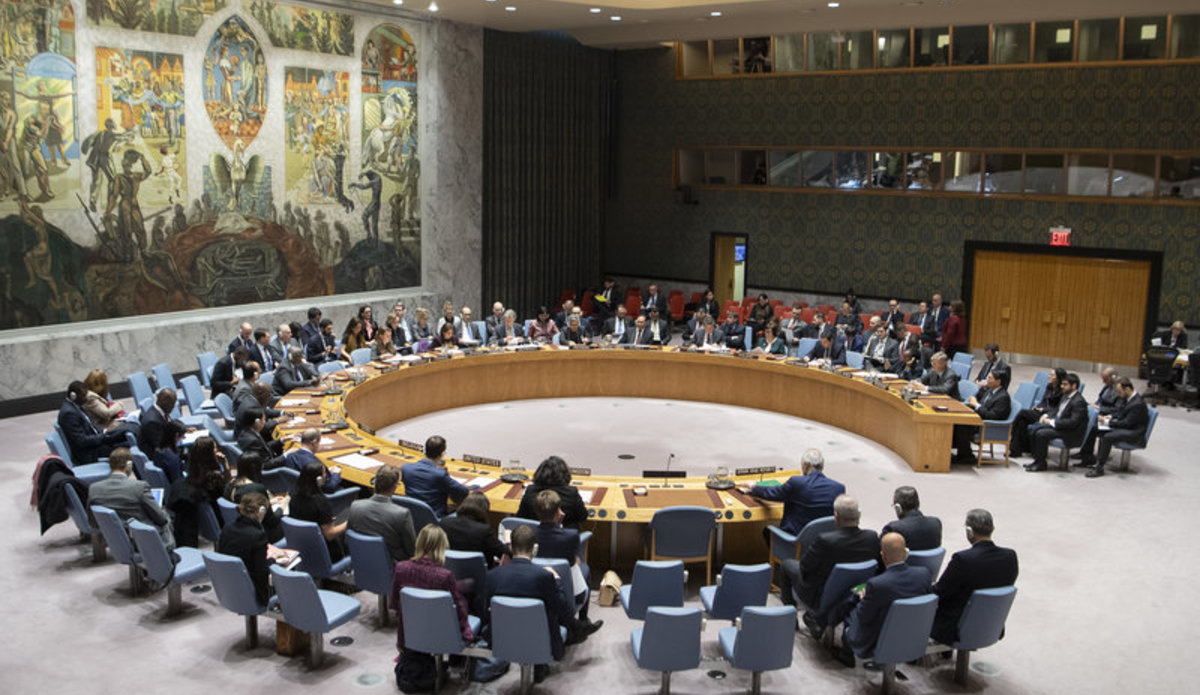Mr. President,
During the 1973 Arab-Israeli war, the Syrian Arab Army crossed the 1967 ceasefire-line on the Golan, known as the Purple Line, initially gaining territory. In a swift counter-attack, Israeli Defense Forces re-captured the lost ground and advanced further, crossing the 1967 ceasefire line and occupying a salient portion of Syrian territory. The conflict quickly reached an unstable stalemate with tensions remaining high for months.
Following US-led diplomatic efforts, on 31 May 1974, Israel and Syria signed the Disengagement of Forces Agreement between Israel and Syria. On the same day, the Security Council welcomed the Disengagement of Forces Agreement and, through Security Council resolution 350 (1974), in accordance with the Protocol to the Disengagement Agreement, established UNDOF.
The situation in the Golan remained generally calm until 2011, when fighting between the Syrian armed forces and armed opposition groups began. In 2018, the Syrian Government re-established full control of the area known as the Bravo Side, thus re-establishing a status quo ante. Throughout this period, Israel has periodically stressed the critical importance of the Golan to its security.
On 25 March 2019, US President Donald Trump signed an official proclamation recognizing Israel’s sovereignty over the occupied Syrian Golan. The Secretary-General has taken note of this development, including Member States’ reactions to the US decision.
Let me reiterate the Secretary-General’s statement that the UN position on the Golan is known and clear. That position is reflected in the relevant Security Council and General Assembly resolutions, notably Security Council resolutions 242 (1967) and 497 (1981).
We hope that the recent developments will not be used as an excuse by anyone to pursue actions that could undermine the relative stability of the situation on Golan and beyond. We will continue to closely monitor developments on the ground and will keep the Council informed, as appropriate.
Thank you, Mr. President.

